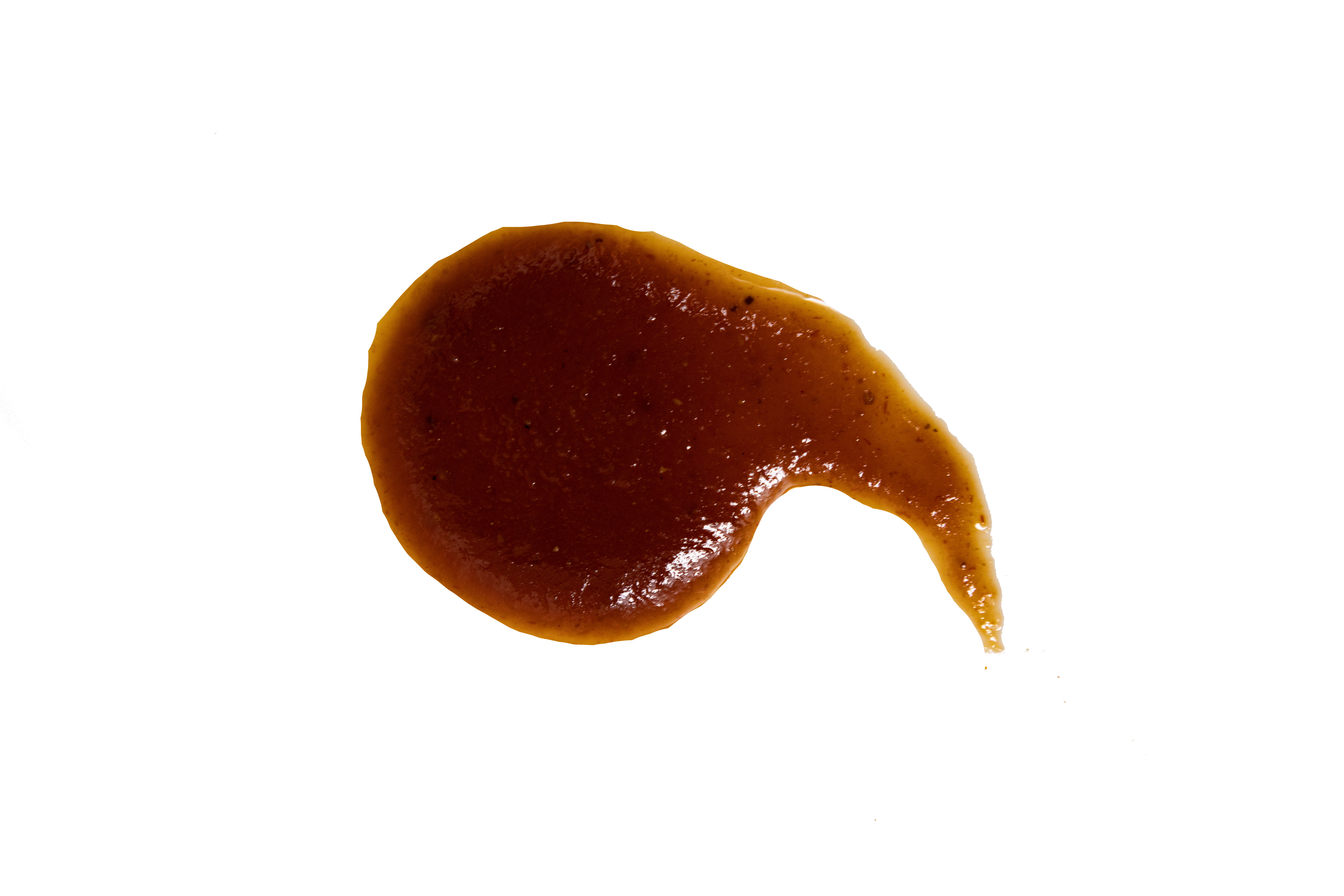When it comes to private label and co-packing, there is a big difference. Both processes have a similar result, but they are not the same.
Let’s look at some facts and information about these processes which may help you decide which option is best for your product and business.
Private Label
Private labeling is when a company produces and packages their own product. They will put their own label on the product and sell it in stores. For example, a private label company might make their own line of clothing or produce their own food products.
Private labeling can have a few advantages over co-packing. For one, these products are typically cheaper because the company doesn’t have to pay a co-packer to produce the product. These products also tend to have higher quality since the company is in complete control of the production process. Finally, private label products are often easier to customize, which can be important for companies that want to stand out from their competitors.
Co-Packing
Co-packing is when a company produces a product for another company. The company that is buying the product will put their own label on it and sell it in stores. For example, a co-packer might produce shampoo for a large shampoo company.
Co-packing can be a good option for smaller companies that don’t have the resources to produce their own products. It can also be a good option for companies that want to focus on marketing and sales, rather than production. It’s also a good option when a company doesn’t have the resources or time to do it themselves.
The Pros and Cons
There are advantages and disadvantages to both private labeling and co-packing. Let’s look at some of these key differences:
Private Label Advantages
- You have more control over the product
- You can create a unique selling proposition
- You can build a stronger brand identity
- It is generally less expensive to private label a product than to develop your own product from scratch
Private Label Disadvantages
- You may have less control over production quality
- It can be more difficult to find private label manufacturers
- There is always the risk that your private label supplier will sell the same product to one of your competitors
Co-packing Advantages
- Co-packing can be a more efficient way to produce your product
- You can often get help with product development and packaging design from co-packing companies
- Co-packing companies usually have established relationships with other food manufacturers, which can save you time and money
Co-packing Disadvantages
- You may have less control over the packaging and product design
- Co-packing companies may not be able to meet your specific needs
- Co-packing can be more expensive than private labelling
Private Label vs Co-Packing: Which One Should You Choose?
That depends on your business goals and budget. If you want complete control over your product and you have the money to invest in production and marketing, private labeling is the way to go. If you’re looking for a less expensive option that still gives you some control over the product, co-packing is a good choice.
No matter what you choose, Absolutely World Class has got you covered! We’ve been in the business since 1991, and with three generations involved, we’re the essence of a wholesome family business. With the success of our popular brand, we expanded our business to include private label and co-packing in 2019 – and we’ve never looked back.
We pride ourselves on knowledge and expertise within the industry, however our crowning glory has got to be stellar customer service. At Absolutely World Class, we understand that your packaging is a reflection of your company. It should uphold the same standards and principles that you do. We are proud to offer these services to help you get the most out of your product. Contact us today and let’s have a friendly chat about how we can help you give your product and business what they richly deserve.

